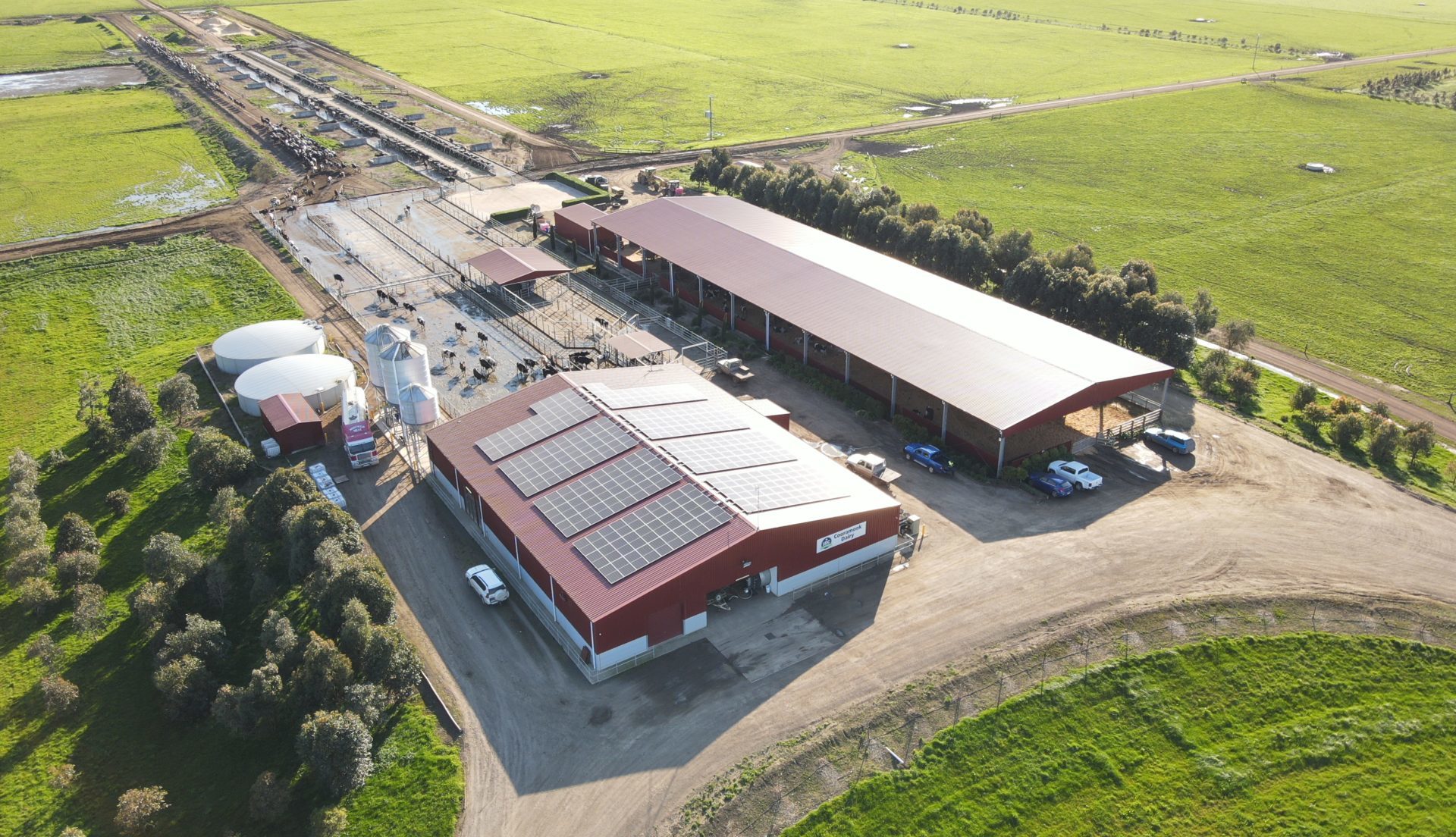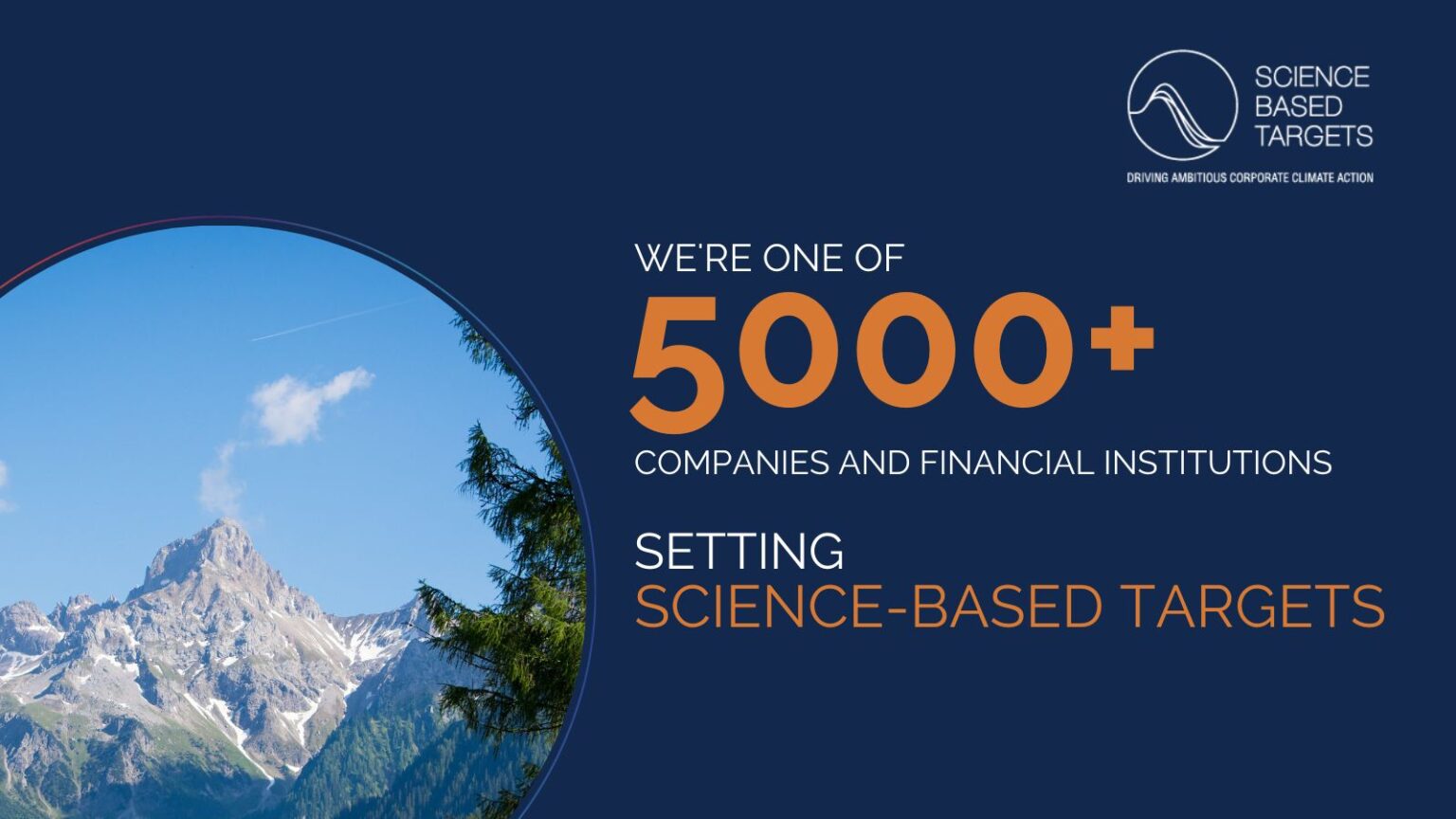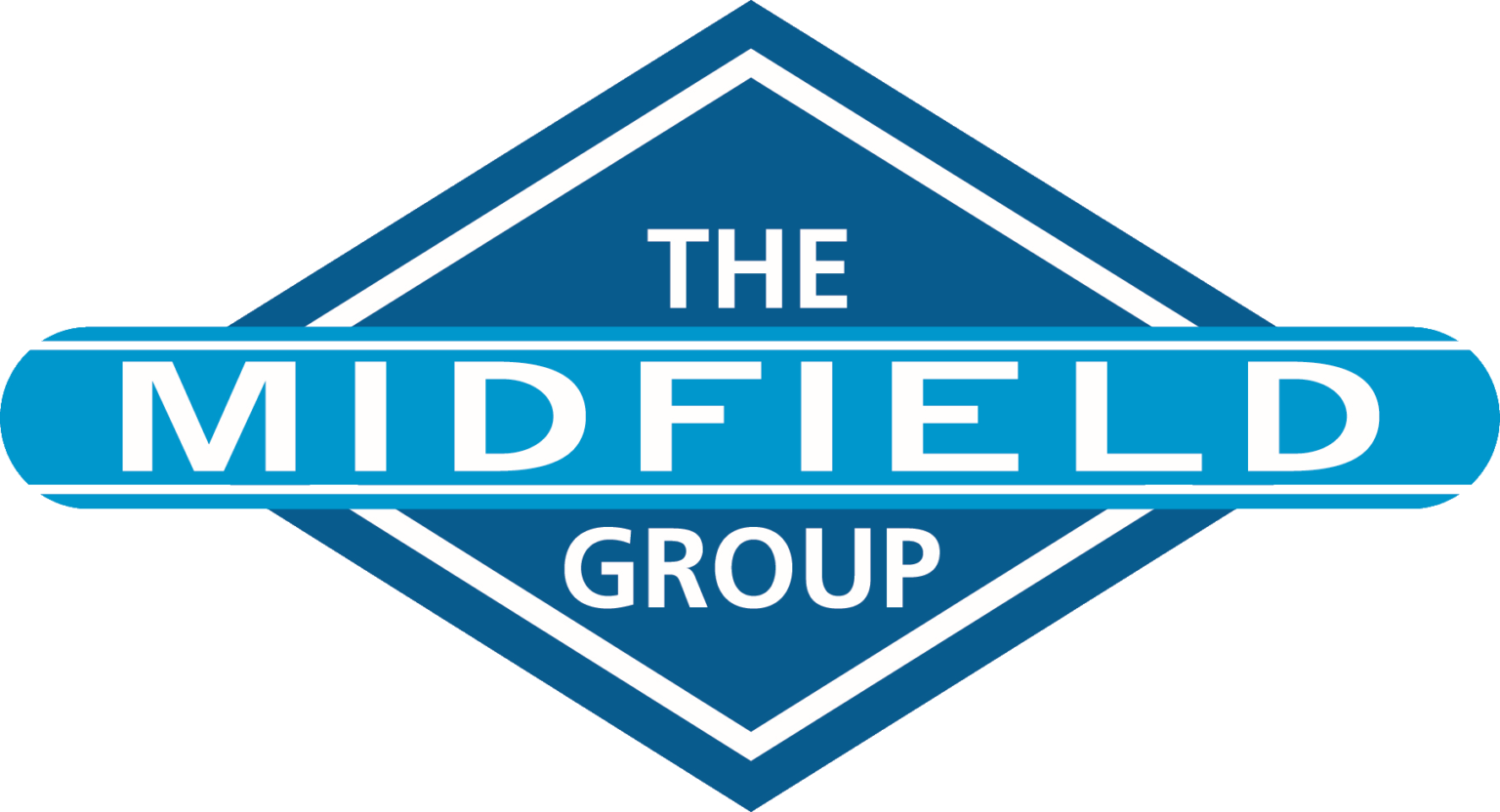Our Goals
UN Sustainability Development Goals

As a company built on solid farming foundations, we have long recognised the importance of environmental stewardship. Without healthy land, water, ecosystems, and a stable climate there is no long-term viability in any farming operation or businesses reliant on the agricultural sector.
Environmental stewardship for the Midfield Group reflects a multi-generational approach. Our philosophy is to leave it better than we found it. Our environmental road map (click here) shows the evolution of our environmental initiatives dating back to the early 2000s and what we intend on doing in the years to come.
Climate Action
Climate change is no longer a distant threat—it’s a reality unfolding before our eyes. With extreme weather events, rising global temperatures, and shifting ecosystems, its impact on the world is undeniable. For businesses, this means the time for action is now.
Meeting the challenge of climate change head-on is not only a moral imperative but also a key to long-term success.
Companies that proactively embrace sustainable practices, reduce emissions, and innovate for a low-carbon future are positioning themselves to thrive in an evolving global economy, ensuring resilience, competitiveness, and relevance in the years to come.

Climate change is no longer a distant threat—it’s a reality unfolding before our eyes. With extreme weather events, rising global temperatures, and shifting ecosystems, its impact on the world is undeniable. For businesses, this means the time for action is now. Meeting the challenge of climate change head-on is not only a moral imperative but also a key to long-term success. Companies that proactively embrace sustainable practices, reduce emissions, and innovate for a low-carbon future are positioning themselves to thrive in an evolving global economy, ensuring resilience, competitiveness, and relevance in the years to come.
The Midfield Group is at the forefront of combating climate change by implementing innovative sustainable practices across the agricultural and food and beverage industries. Recognising the urgent need for action, Midfield is committed to reducing our environmental impact while ensuring the highest standards of production. From adopting renewable energy sources and improving waste management to optimising water use and reducing emissions throughout our supply chain, The Midfield Group is setting a powerful example for the industry. By integrating sustainability into its core operations, we are not only addressing the challenges of climate change but also leading the way toward a more resilient and responsible future for the agricultural sector.

Emission reduction targets verified by SBTi
The Midfield Group has achieved the Science Based Targets initiative (SBTi) net zero verification, marking a significant milestone in its commitment to sustainability. This verification ensures the company’s carbon reduction strategies are aligned with the latest climate science to limit global warming to 1.5°C. By joining the Business Ambition for 1.5°C campaign, we have further solidified our dedication to tackling climate change, committing to stringent carbon reduction goals that prioritise the environment, transparency, and long-term sustainability in the global food supply chain.
In August 2024, The Midfield Group became the first Animal Source Food Production company in the world to have our net-zero emission targets officially approved by SBTi.
https://sciencebasedtargets.org/companies-taking-action
From a 2022 baseline, we have set near (2030) and long-term targets which will see us reach our net-zero goal by 2050.
- Reduce absolute Scope 1 and 2 GHG emissions by 42% by FY2030
- Reduce absolute scope 1 and 3 FLAG GHG emissions 30.3% by FY2030
- Reduce absolute scope 1 and 2 GHG emissions 90% by FY2050
- Reduce absolute scope 1 and 3 FLAG GHG emissions 72% by FY2050
Furthermore, The Midfield Group also commits to reduce our absolute scope 3 GHG emissions from purchased goods and services, and waste generated in operations by 42% by FY2030 and reduce absolute scope 3 GHG emissions from purchased goods and services, capital goods, fuel-and-energy related activities, upstream transportation and distribution, waste generated in operations, and downstream leased assets by 90% by FY2050.
The Midfield Group's commitment to sustainability is a testament to our forward-thinking approach and dedication to the future of the agricultural and food and beverage industries. With SBTi-verified net zero targets, the company is taking decisive action to reduce our carbon footprint and align with global climate goals. By integrating sustainable practices throughout our operations and continuously striving for environmental excellence, The Midfield Group is not only contributing to the fight against climate change but also ensuring long-term success for the business and its stakeholders. This unwavering commitment to sustainability positions Midfield as a leader in driving positive change within the industry and beyond.
Waste
We have always been committed to the waste hierarchy - reduce, reuse, and recycle. It’s a fundamental tenant of an efficient business. We have set a target of Zero liquid waste from Midfield Group operations by 2025, followed by a target of Zero solid waste to landfill by 2030. These ambitious targets will be met as we build on the considerable work already underway. Currently, the only waste going to landfill from our sites is non-recyclable plastic. All organic processing waste is composted through our EPA registered compost facility, where it’s turned into a high-quality soil conditioner. The product is then spread back onto our farms to encourage microbial activity, improve soil quality, and increase productivity.
Our first action on Zero waste is to eliminate all unnecessary waste. Following that, all waste that can be recycled or reused through our multifaceted business is recycled or reused.
We are also trialing innovative technologies to further treat our wastewater, which will enable us to use the water either back through our processing facility or on our pastoral properties for irrigation purposes. On our pastoral properties, we have been trialing a form of bioremediation by adding specific algae to our effluent ponds to improve water quality and reduce methane production. We have found that the algae also filter excess nutrients out of the effluent pond, significantly improving water quality. This allows the water to be irrigated on pastures more quickly than if using a more traditional settling treatment.
We will continue to innovate by trialing new recycling technologies with our industry partners towards our Zero waste goal.
Biodiversity & Healthy Ecosystems
On Midfield Group farms we are committed to protecting, restoring, and promoting biodiversity & healthy ecosystems. Through our Native Revegetation Program, which commenced in 2002, approximately 15,000 trees are planted each year on Midfield properties. Some of the trees are planted in shelterbelts, which line the paddocks providing shelter for the livestock. Native trees and shrubs are also planted in dedicated plantations, particularly along watercourses, to promote improved biodiversity and healthy ecosystems. We have partnered with a local wildlife rehabilitation center, which is using our plantations to reintroduce native animals back into the wild. Our tree planting efforts will increase as we explore options for sequestering carbon as part of our climate change commitments.
Regenerative Agriculture
By definition, regenerative agriculture is any agricultural practice that actively restores soil quality, water quality, ecosystem health, and biodiversity, whilst also ensuring high productivity in farming produce. Midfield’s core business relies on the productivity of our farming properties and therefore we remain committed to practicing regenerative agriculture.

